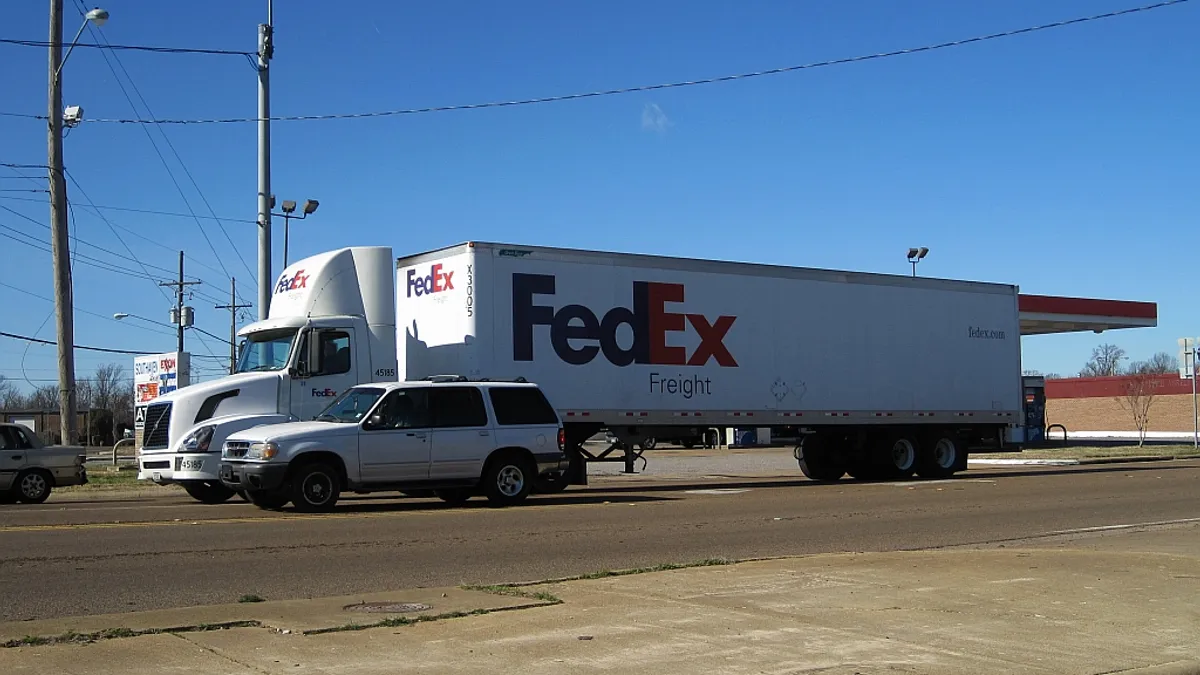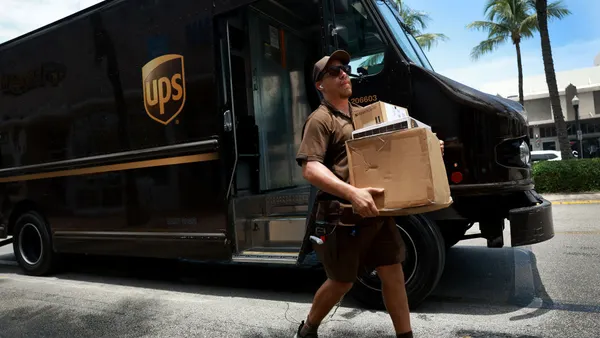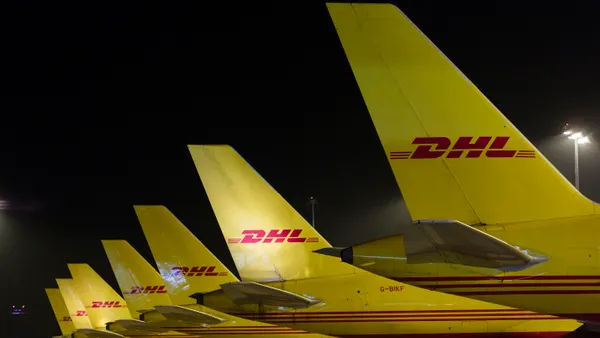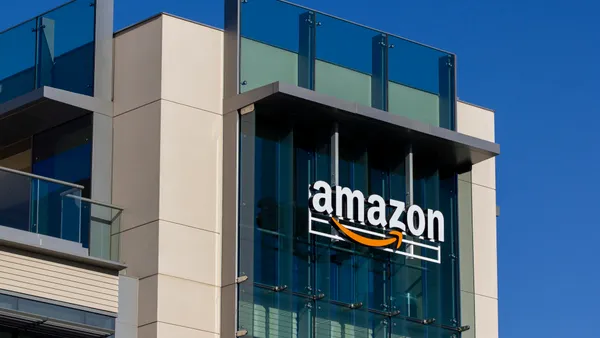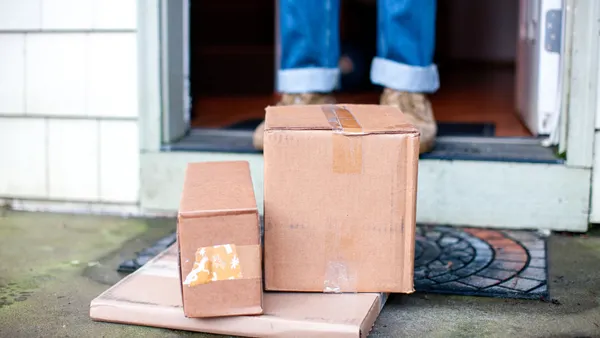Dive Brief:
- The United States' infrastructure is in "desperate need of updating," as growing freight delivery volumes are increasingly congesting the nation's highways and airports, FedEx Chairman and CEO Fred Smith said in a prepared testimony to the U.S. House Transportation and Infrastructure Committee, Bloomberg reports.
- Over 40% of the nation's urban highways are congested, 30% of interstates are in poor condition, and the top 20 airports will become overly crowded in the next 10 years, according to Smith. Without an upgrade, logistics companies will be held back from helping the U.S. economy.
- The CEO noted he supports a mix of revenue sources, and not just the fuel tax, to fund the Highway Trust Fund in a sustainable way, though he did not suggest a specific funding method.
Dive Insight:
The need for improving the U.S. infrastructure has no naysayers, but decisions about how exactly to fund it remain uncertain. However, hope that an infrastructure plan will pass within the Trump administration's first 200 days has waned given an already tight legislative agenda and persisting disagreements on how to fund the improvements.
Last week, Senate Democrats proposed a ten year plan targeting U.S. ports, bridges, roads, airports, broadband networks, schools and Department of Veterans Affairs hospitals, resulting in 15 million jobs. Senate Minority Leader Charles Schumer believes the U.S. can afford these projects via corporate tax reform, resulting in businesses returning taxable profits earned overseas at lower rates.
Republicans, however, favor a stimulus-like plan, refusing to pass any infrastructure program that would increase national debt. Trump's original plan during the campaign included an 82% tax credit for private equity investment on revenue-generating infrastructure projects.
Meanwhile, states have not been slow to remind legislators of the subject's high priority, with some considering alternative sources of funding while congressional gridlock ensues.
One such popular source of funding is new tolls on highways and bridges, a move which has long been controversial among logistics executives. Yet, when the need is urgent, carriers have come to support the additional costs of tolls — Smith's approval of a mixed source of funding over a fuel tax falls in line with this trend.
In the interim, as the administration crafts its policy, supply chains are likely to see gradual increases in logistics budgets to cover the tolls that may ensue.


